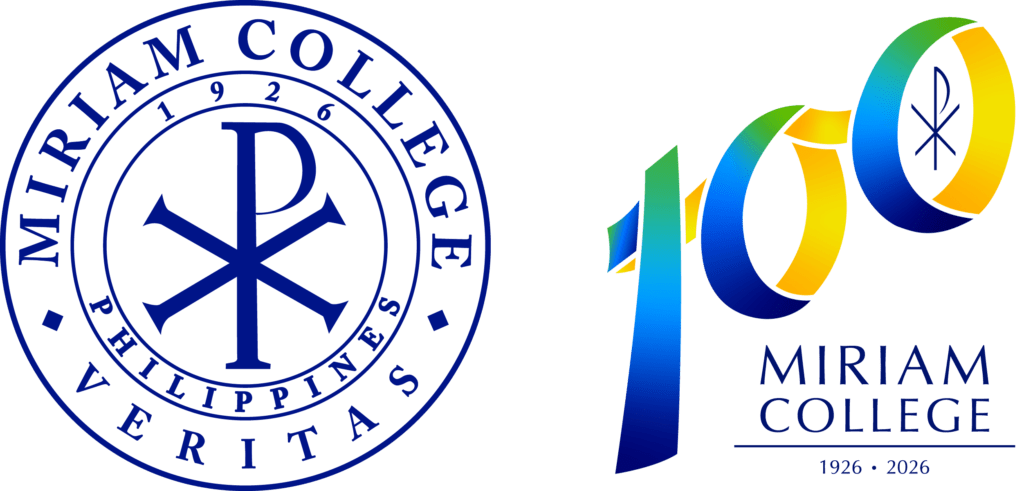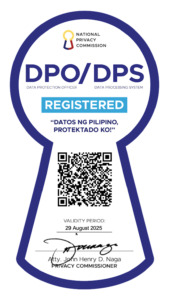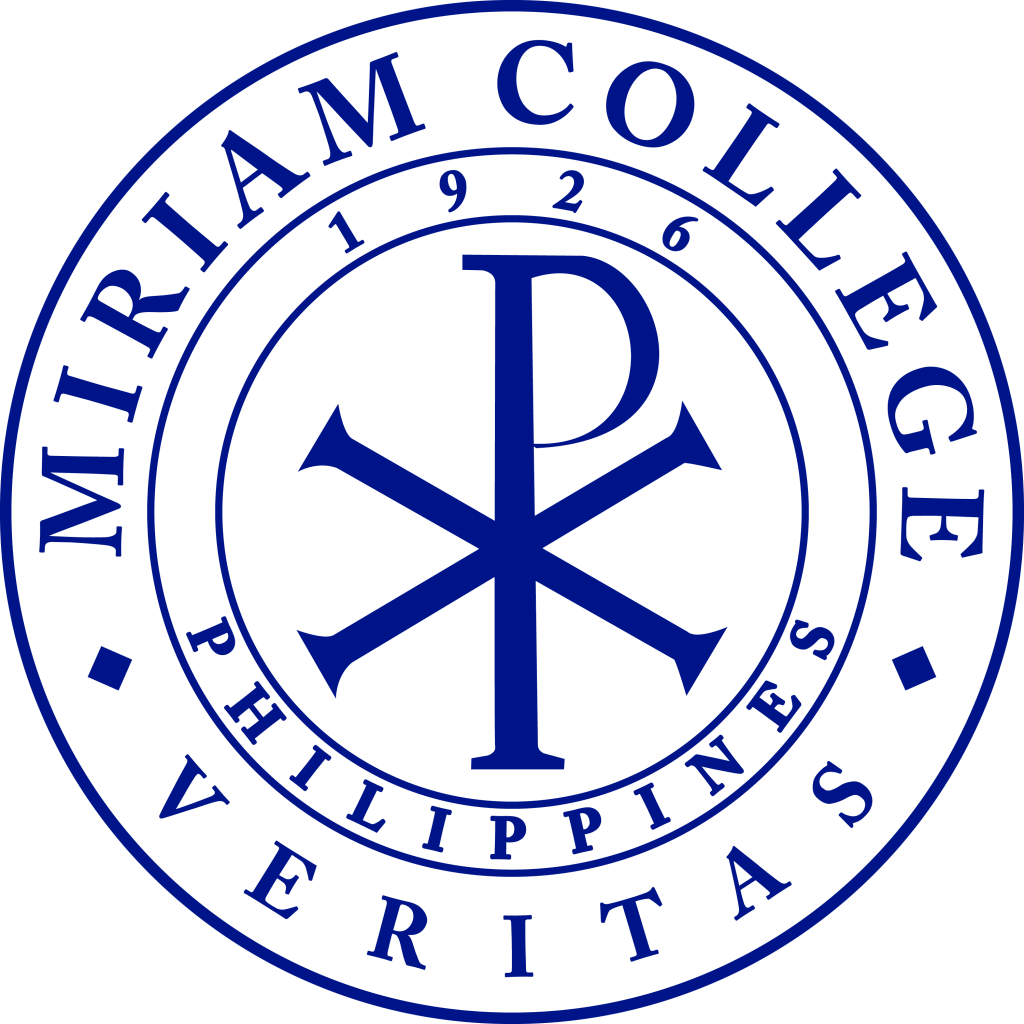Graduate Programs
Master of Business Administration
The Master of Business Administration is a non-thesis graduate program intended for business professionals, practitioners, entrepreneurs, employees in public and private institutions, and senior undergraduate students, regardless of their field of study. This program prepares them for management roles in the fields of Human Resource Management, Strategic Marketing Management, or in Innovation Management. It is designed to develop practitioner-oriented skills that enable would-be managers to contribute to strategic decisions necessary for the organization’s viability and sustainability.
Specialization Tracks
This track links theory to practice by analyzing marketing issues from inside an organization. Concepts and processes which involve the development of market-driven strategies, operational knowledge and understanding the marketing functions of an actual organization, and how it interconnects with other functions as well as its impact on the business are the main focus of this track.
After completing the SMM Track, you should be able to:
- Critically audit the complexity of the marketing environment, and its implications in the decision-making process
- Prepare and recommend integrated and creative strategic, functional, and operational plans for the organization’s marketing efforts to realize it’s vision, mission,values and goals
- Appraise the development of appropriate policies and strategic within a changing context to meet stakeholders interest
- Set up collaborative and consultative working relationships, and develop systems for the enhancement of organizational performance
- Evaluate the impact of contextual forces on organizations including ethical economic, environmental, social and technological change issues
- Promote the use of data and quantitative and qualitative research in the decision-making process
- Apply and appraise strategic approaches to practical situations in various types of organizations
This track puts emphasis on ethically-sound integrated strategic, functional, and operational plans for the organization’s human capital to realize its vision, mission, values and goals; and balance the interest of all affected parties in carrying out HR activities, and establish a work plan that prioritizes the most effective steps to achieve the desired HR practices.
After completing the SHRM Track, you should be able to:
- Prepare and recommend ethically-sound integrated strategic functional, and operational plans for the organization’s human capital to realize its vision, mission, values, and goals
- Balance the interest of all affected [parties in carrying out HR activities, and establish a work plan that prioritizes the most effective steps to achieve the desired HR practices
- Identify HR opportunities and risk inherent in changes in economic, societal, technological, political and demographic forces
- Promote the use of data quantitative and qualitative research in the decision-making process
- Measure employee productivity, employee engagement and morale
- Develop team-based interventions designed to improve team effectiveness
- Recommend necessary changes to existing HR policies, procedure, programs and system to comply with desired practice
- Contribute to the development of an organizational change management strategy
This track focuses on the role of innovation in corporate and business unit growth strategy, studied from both industry and company perspectives. It covers economic aspects of innovation and how innovation impacts the industry evolution putting emphasis on sustainable performance, growth and company viability.
After completing IM Track, you should be able to:
- Utilized design thinking, co-creation, engagement, observation and prototyping techniques in designing and successful marketing of novel products and services
- Apply knowledge, interventions, and analytical techniques to formulate innovative solutions to complex business problems, taking into consideration ethical standards
- Design new products and services that have promising market potential
- Critically evaluate how strategic decision-making enables an organization to relate to its market, resources, objectives and environment
- Apply global market research techniques in analyzing customer and market data
- Implement action plans effectively and efficiently in a collaborative effort
- Recommend strategic plans for business value creation in a sustainable and socially responsible manner
The General Track links theory to practice by focusing on an organization and examining the application of strategic management process (strategy formulation, strategy implementation, and strategy evaluation), including the analytical frameworks and strategy formulation tools that help managers make strategic decisions. Provides the option of choosing 2 electives the student may be interested in.
After completing the General track, you should be able to:
- Prepare and recommend integrated strategic, functional and operational plans for business value creation in a sustainable, socially responsible and ethical manner considering the needs of the community and national development
- Communicate through various business channels and/or multimedia such as oral and written in order to create alignment and implement strategies for business results
- Make decision using various decision-making tools
- Analyze and evaluate management challenges and opportunities and propose action plans based on professionalism and good governance
- Implement action plans effectively and efficiently in a collaborative effort
- Undertake business research
Why take up MBA at MC?
- Project-based learning
- Classes utilize a blended mode of instruction combining face-to-face meetings, web-based discussions, online mentoring, and online submission of requirements
- Modular mode of delivery
- Infused with MC core values and advocacies
- Provides flexible options for tracks
- Open for internationalization with foreign partner schools
- Weekend classes
MBA Requirements
This program is designed for:
- Business professionals
- Business practitioners
- Entrepreneurs
- Employees of public and private entities who want to take a leap into managerial positions
However, college graduates from any field of study may apply.
Non-business graduates are required to take the following 2-unit non-credit courses
before they can be admitted into the program:
- AC 103.2 – Accounting for Non-Accountants (bridge course) 2 units
- MG 101.1 – Organization and Management (bridge course) 2 units
Total Program Units: 43 units
Standard Completion Time: 2 years
CHED Center for Excellence
The Department of Business Administration is a designated Center for Excellence by the Commission on Higher Education (CHED)
Accreditation
This program has Level IV accreditation from the Philippine Accrediting Association of Schools, Colleges, and Universities (PAASCU).
Career
An MBA degree prepares our students for many types of careers. As an MBA holder, they can opt to become leaders in their chosen field and become:
- Business analyst or strategist
- Professors in Business
- Business development analyst, associate, or manager
- Entrepreneur/founder
- Operations Manager
- Training and Development Manager
- Human Resources Manager
- Management consultant
- Marketing or Financial associate, analyst, or manager
- Project, product, or program manager
- Advertising/Promotions Manager
- Business Operation Manager
- Sales Manager





